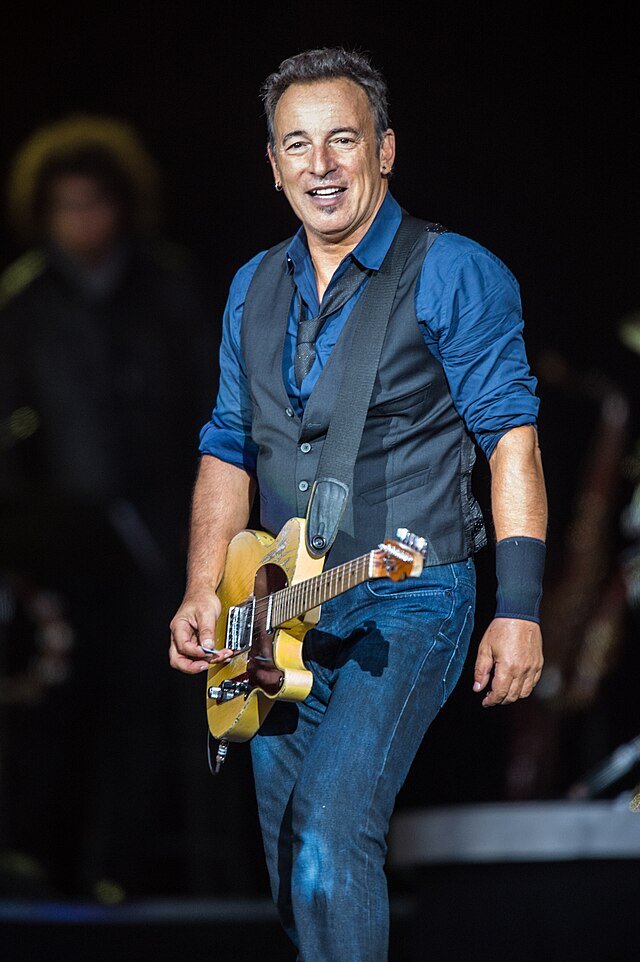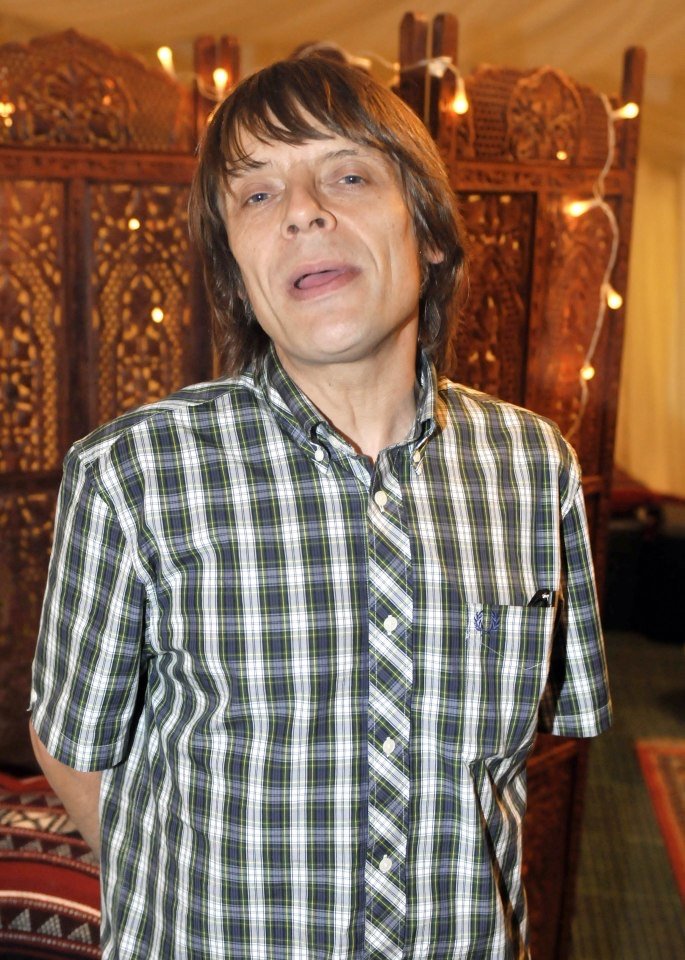
Billy Butler, one of Liverpool’s most recognisable broadcasters, presenters and entertainers, performed his final show in the city following a career that spans more than fifty years across radio, television and live entertainment. Butler is widely known for his work on BBC Radio Merseyside, Radio City and his long running TV contributions across regional broadcasting. His departure marks the end of a major chapter in Liverpool’s media and entertainment history.
Billy Butler began his broadcasting career in the early 1970s, joining the newly formed Radio City in Liverpool as one of its early presenters. Industry archives and Radio City retrospectives confirm that Butler quickly became a central figure in Merseyside radio, developing a reputation for audience interaction, humour and music programming. Background information on Butler’s early career is detailed via BBC News, which highlights his contribution to Liverpool broadcasting over several decades.
During his time at Radio City, Butler developed several popular segments, including “Hold Your Plums,” a quiz format he co hosted with Wally Scott. The feature became one of the station’s most listened to segments and later translated into a television format on Granada Television. The programme’s popularity is documented in regional broadcasting references summarised through Liverpool Echo.
Butler later joined BBC Radio Merseyside where he remained a fixture of the station for more than thirty years. His afternoon and weekend programmes consistently ranked among the most listened to regional shows in the North West, reflecting his long standing connection with listeners. BBC archives outline Butler’s contribution to programming across multiple decades and are referenced through BBC Radio Merseyside.
Alongside radio, Butler worked extensively in live entertainment across Liverpool theatres and clubs. He was a regular performer at the Royal Court, St Helens Theatre Royal and various Merseyside venues, taking part in pantomimes, comedy nights and charity events. Liverpool arts coverage has repeatedly credited Butler with helping maintain the city’s live entertainment identity, with summaries recorded through Royal Court Liverpool archives and historical local reporting.
His final Liverpool show reflects the end of an era for Merseyside audiences who followed his work from analogue radio through to modern digital broadcasting. The show featured retrospective elements from his career, highlighting his time at Radio City, his transition to BBC Radio Merseyside and his role in shaping local entertainment culture across multiple generations.
For wider music and entertainment updates, readers can view additional categories on Behind The Melody including Music Industry News, The Vault and On This Day.




